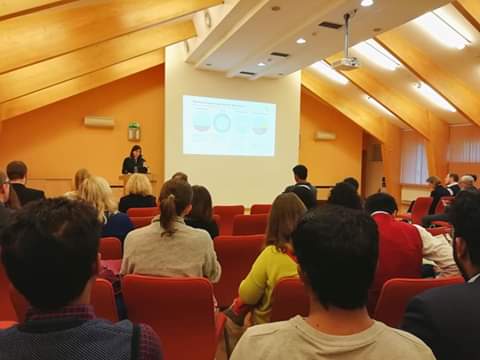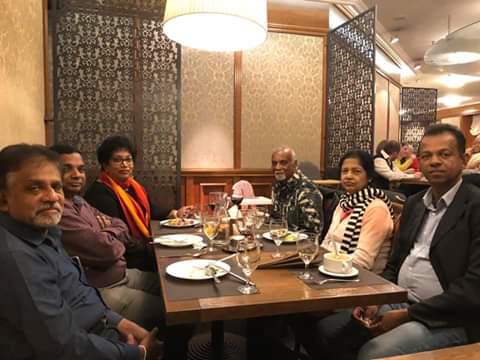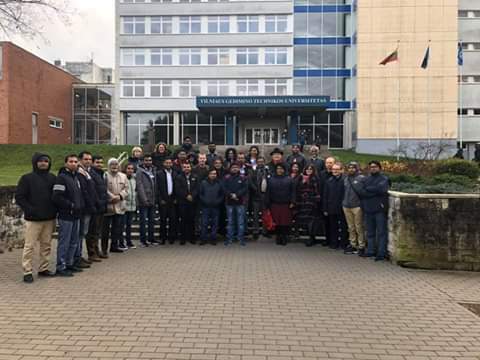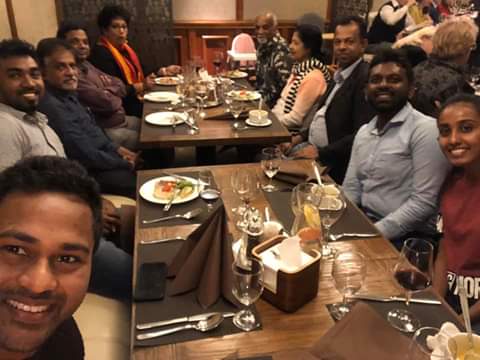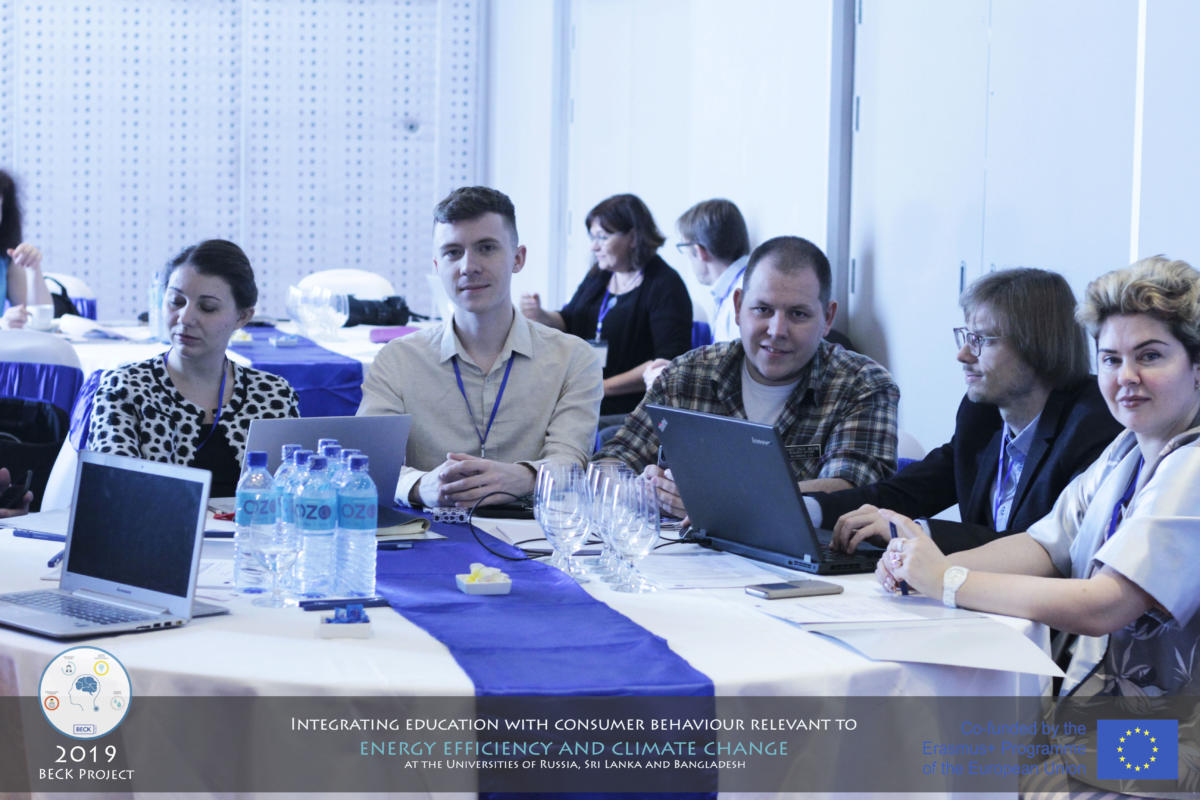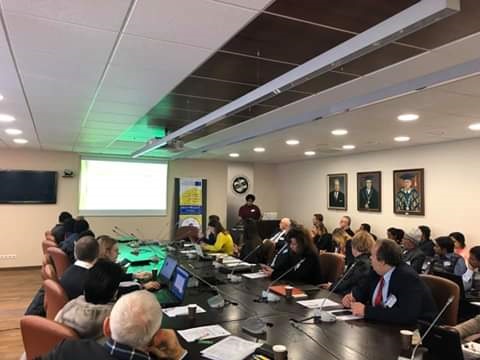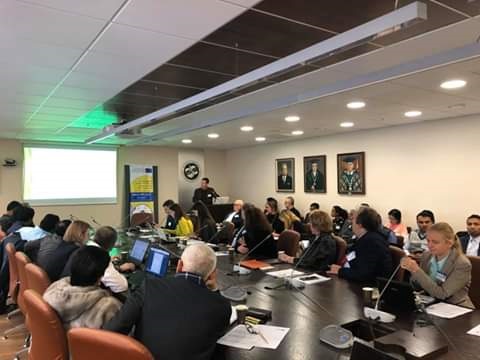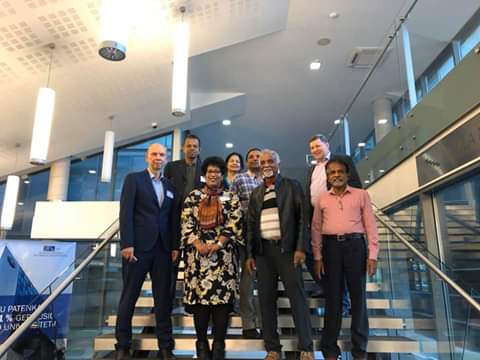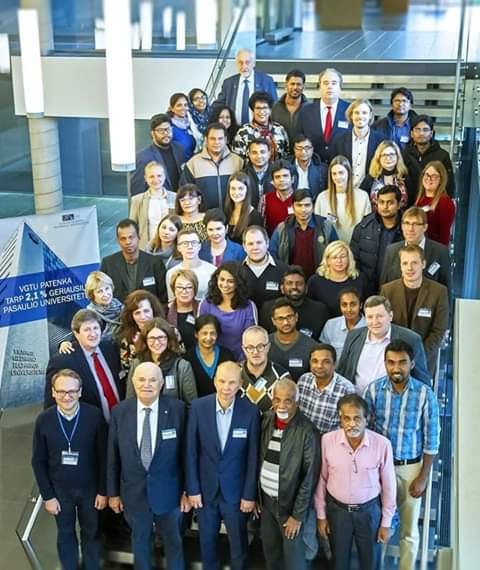BECK- Integrating Education with Consumer Behaviour Relevant to Energy Efficiency and Climate Change at the Universities of Russia, Sri Lanka and Bangladesh Social Policy Analysis and Research Centre
University of Colombo Team: Project Manager – Dr.Nishara Fernando
Research Coordinator– Munasinghaghe Keshani Darsha
Action type: Capacity Building in Higher Education
Project Reference: 598746-EPP-1-2018-1-LT-EPPKA2-CBHE-JP
Grant Agreement: 2018-2489/001-001
Start Date: 15/11/2018
End Date: 14/11/2021
Budget
Total: 985.084,00 €
Coordinator: Vilniaus Gedimino Technikos Universitetas
Partners:
- Tallinna Tehnikaulikool (Ee)
- University Of Colombo (Lk)
- The University Of Huddersfield (Uk)
- Federal State Institution Of Higher Education Moscow State University Of Civil Engineering (National Research University) (Ru)
- Kaliningrad State Technical University (Ru)
- University Of Moratuwa (Lk)
- Patuakhali Science and Technology University (Bd)
- International Noncommercial Association Of Support And Development Of Higher Educational Institutions In Engineering Obedinenie Stroitelnikh Vuzov (Ru)
- M.V. Lomonosov Moscow State University (Ru)
- University Of Ruhuna (Lk)
- University Of Barisal (Bd)
- Peter The Great Saint Petersburg Polytechnic University (Ru)
Massive open online courses (MOOC) are innovative models for learning in the 21st century, which deliver learning content on online platforms. The Social Policy Analysis and Research Center (SPARC) of the University of Colombo is introducing a course, titled “Urbanization, Climate Change, Displacement, and Relocation.” The course is introduced as an output of an Erasmus + programme, Capacity Building in the field of Higher Education of the European Union project titled, “Integrating education with consumer behavior relevant to energy efficiency and climate change at the universities of Russia, Sri Lanka and Bangladesh (BECK
Though displacement is mainly caused by natural hazards and urban development in the world today, its irregularities are made complex by climate change. Relocation is used as a disaster risk reduction strategy for victims of natural hazards and development projects and recent relocation models have incorporated climate change adaption as a major component to adapt to the current crises. Best practices and also shortcomings which occur due to insufficient attention been paid to the vulnerabilities and unique needs of victims can be identified when studying various cases of relocation. The course covers all these important areas of study citing examples from a number of real-world relocation projects that have been executed in Sri Lanka and across the globe, eventually offering theoretical knowledge along with practical application of such knowledge to those in relevant fields.
…..About Beck Project…..
Images of the 3rd project meeting:
